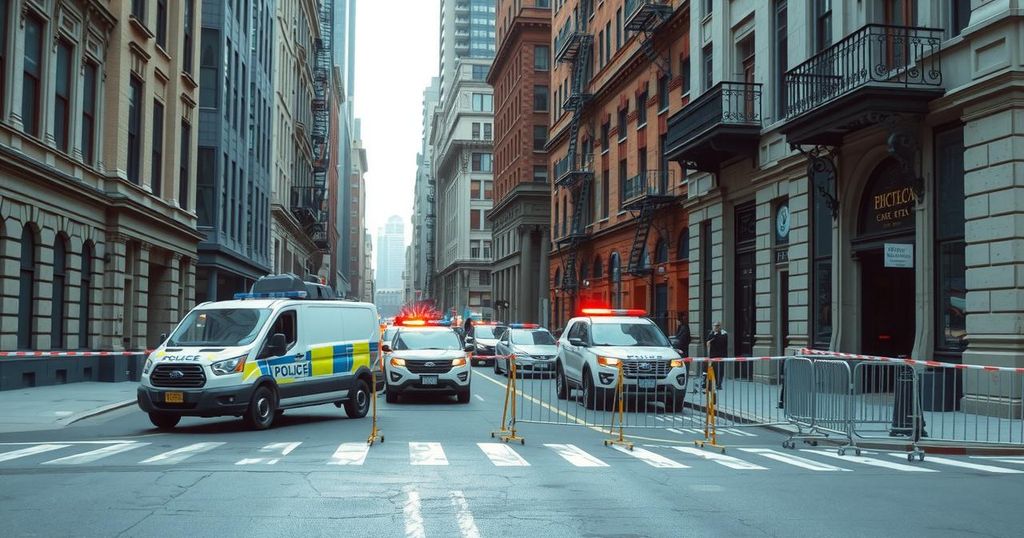Ibrahim Huweija, a former Syrian intelligence officer linked to the 1977 assassination of Lebanese leader Kamal Jumblatt, has been arrested during clashes in Latakia. His apprehension emphasizes unresolved historical tensions from the Assad regime’s violent past in Lebanon.
On Thursday, Syrian security forces apprehended Ibrahim Huweija, a former intelligence officer implicated in numerous murders, including the high-profile assassination of Lebanese politician Kamal Jumblatt in 1977. This arrest occurred during intense clashes with supporters of the previously ousted Bashar al-Assad in Latakia, marking one of the most severe confrontations since his removal in December.
The state news agency SANA reported that Huweija, who led air force intelligence from 1987 to 2002 and was closely associated with the former ruling Assad family, was identified and captured after comprehensive surveillance. Sources indicated that he had been operating largely out of the public eye, with limited information regarding his activities available.
As the head of air force intelligence, Huweija was allegedly responsible for numerous assassinations during the regime of Hafez al-Assad, including that of Kamal Jumblatt. Jumblatt, a prominent figure of the Druze community and founder of the Lebanese Progressive Socialist Party, was a vocal opponent of Hafez al-Assad, particularly during the Lebanese civil war. He was assassinated near a Syrian border post on March 16, 1977.
Following news of Huweija’s detention, Walid Jumblatt, Kamal Jumblatt’s son and successor, expressed his sentiments on the social media platform X, proclaiming, “Allahu Akbar (God is Greatest).”
This significant arrest not only reflects ongoing tensions within Syria but also underscores the historical complexities surrounding the violent past of the Assad regime in relation to Lebanese political dynamics.
The arrest of Ibrahim Huweija, a key suspect in the 1977 murder of Lebanese politician Kamal Jumblatt, highlights the lingering impacts of Syrian political violence. It is a critical development amid ongoing conflicts related to Assad’s regime and its historical implications in Lebanon. The capture, which occurred during severe clashes in Latakia, is indicative of rising tensions post-Assad’s ouster.
Original Source: www.ndtv.com




